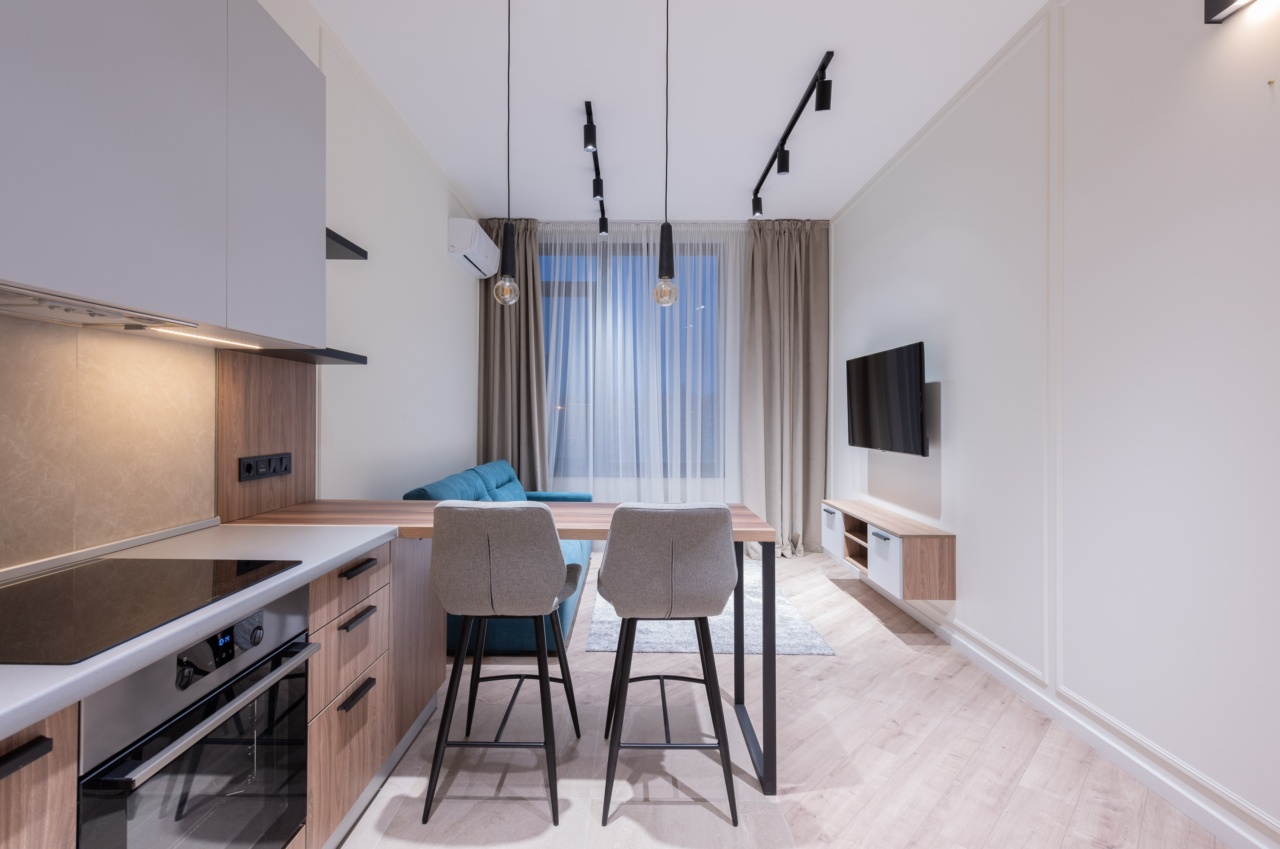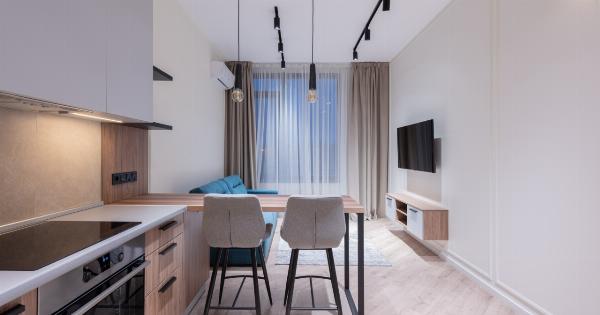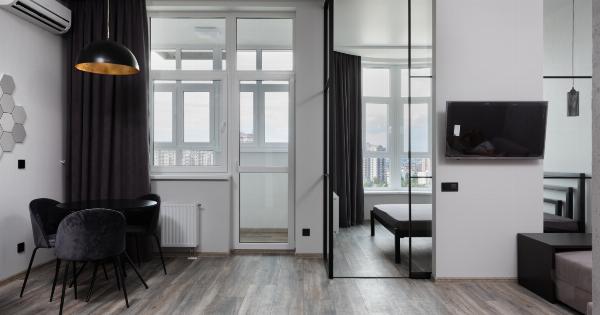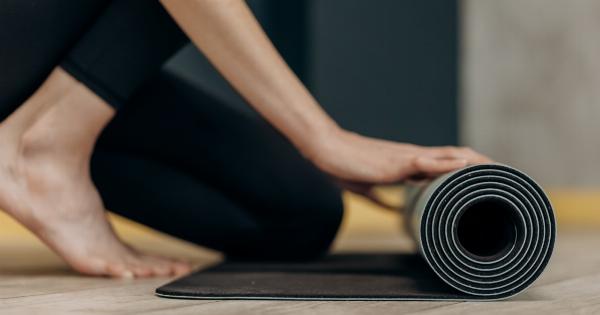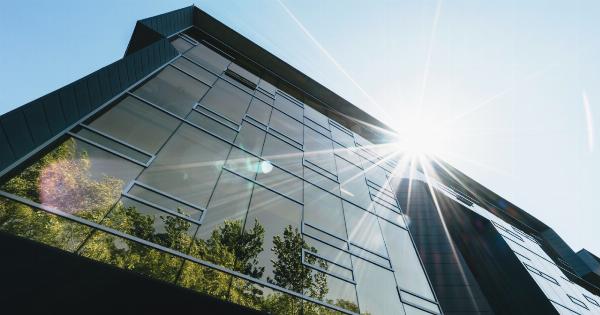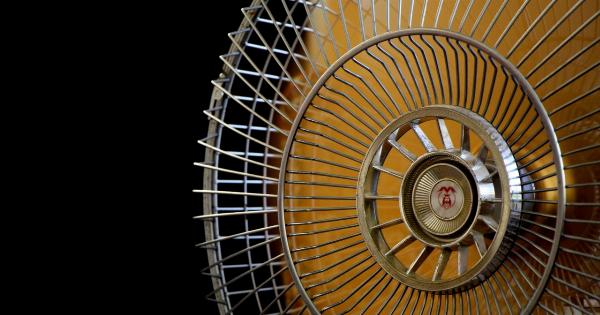In the summer months, an air conditioner becomes a crucial appliance in many households. It provides much-needed respite from the scorching heat and helps maintain a comfortable living environment.
However, excessive usage of ACs can lead to high electricity bills and damage to the unit. In this article, we will delve into some tips and tricks to optimize the usage of your air conditioner and ensure its longevity.
Choosing the Right Size
It is crucial to choose an air conditioner that is appropriate for the size of your room. An undersized unit may not cool the space effectively, while an oversized unit will consume more energy and lead to higher electricity bills.
The British thermal unit (BTU) is the measure of an AC’s cooling capacity. For a small room, an AC with 5,000-6,000 BTUs is sufficient, while for larger rooms, a unit with 10,000-12,000 BTUs is recommended.
Setting the Temperature
Setting the temperature too low may lead to excessive energy consumption and high electricity bills. The ideal temperature for a room is between 22 and 25 degrees Celsius.
A difference of even a degree or two can significantly impact energy usage and costs. Moreover, setting the temperature too low can cause the room to become excessively cold and lead to health issues such as headaches and body aches.
Using the Fan and Auto Modes
The fan mode can be used when the weather is slightly cooler, and only air circulation is needed. In contrast, the auto mode automatically adjusts the temperature and fan speed based on the temperature in the room.
It conserves energy and helps maintain a consistent temperature throughout the day.
Cleaning the Filters
Cleaning the AC unit’s filters regularly is crucial to maintain its efficiency and longevity. Dirty filters can restrict airflow, leading to poor cooling and increased energy consumption. They can also cause the unit to overheat and malfunction.
The filters should be cleaned at least once every two weeks or as per the manufacturer’s recommendation.
Ventilation and Insulation
Ventilation and insulation play a significant role in optimizing AC usage. Proper insulation prevents cool air from escaping, while adequate ventilation improves air circulation and reduces the burden on the AC unit.
Ensure that windows and doors are sealed correctly, and there are no gaps that can lead to air leaks. Additionally, closing curtains and blinds during the day can keep the room cool and reduce the need for excessive AC usage.
Using Smart ACs
Smart ACs are revolutionizing the way we interact with air conditioners. They come with features such as remote access, voice control and can be operated via smartphones and other devices.
Smart ACs can analyze data such as weather forecasts and usage patterns to adjust their settings automatically, ensuring optimal performance and energy conservation.
Maintaining the Unit
Regular maintenance of the AC unit is essential in ensuring its longevity and efficient operation. Apart from cleaning the filters, the outside unit should be kept free of debris such as leaves and twigs.
A professional service should be availed of at least once every year to check for leaks and malfunctions.
Using Alternative Cooling Methods
It is essential to remember that an air conditioner is not the only option for cooling a room. Alternative methods such as ceiling fans, cross ventilation, and evaporative coolers can be used to maintain a comfortable living environment.
Using these methods in conjunction with an AC can significantly reduce energy consumption and lead to lower electricity bills.
Conclusion
An air conditioner is a valuable asset in the hot summer months. However, its use should be optimized to ensure its efficient operation and longevity.
Choosing the right size, setting the temperature correctly, using the fan and auto modes, cleaning the filters, ensuring proper ventilation and insulation, using smart air conditioners, regular maintenance, and exploring alternative cooling methods are some vital aspects to make the most of your AC while reducing energy consumption and costs.
